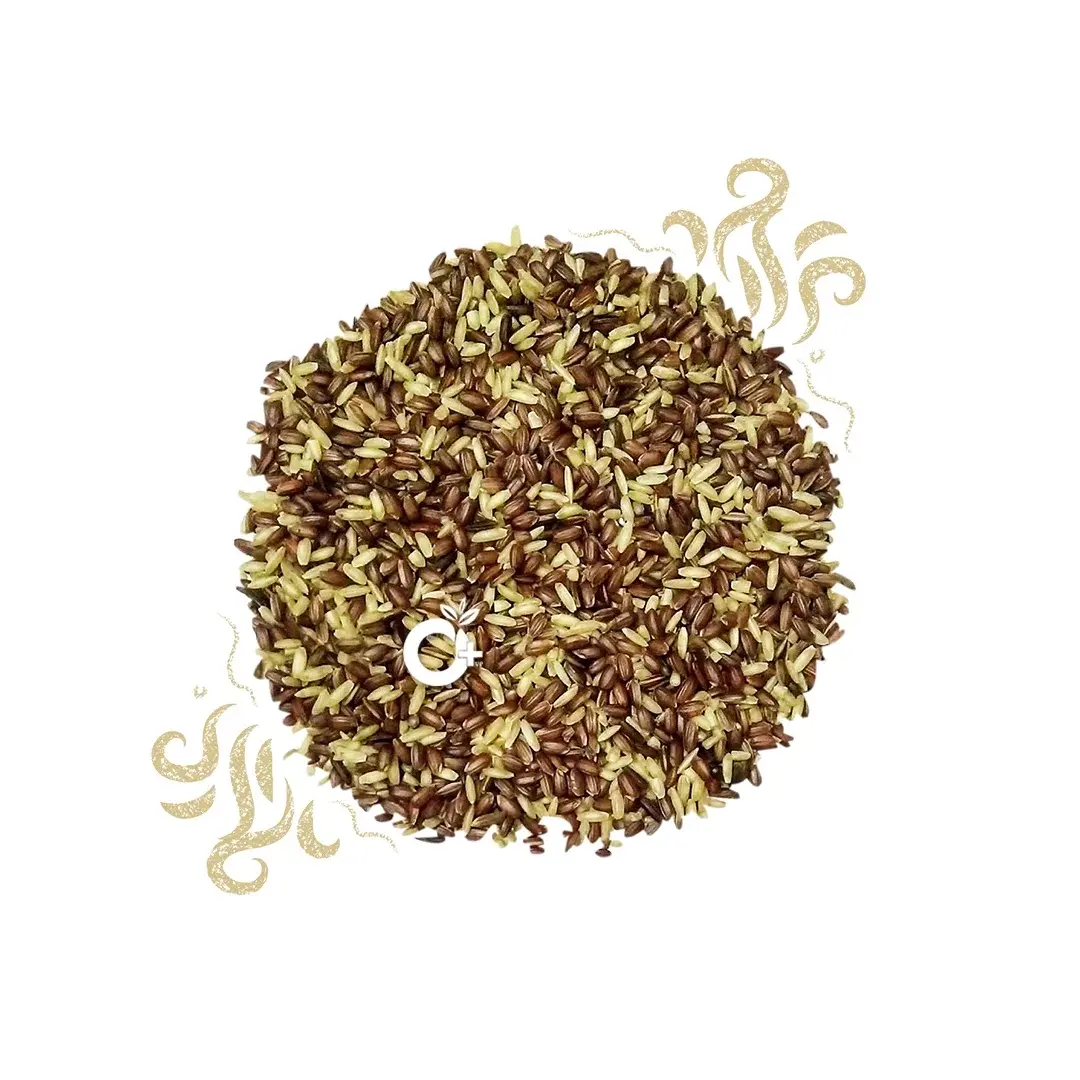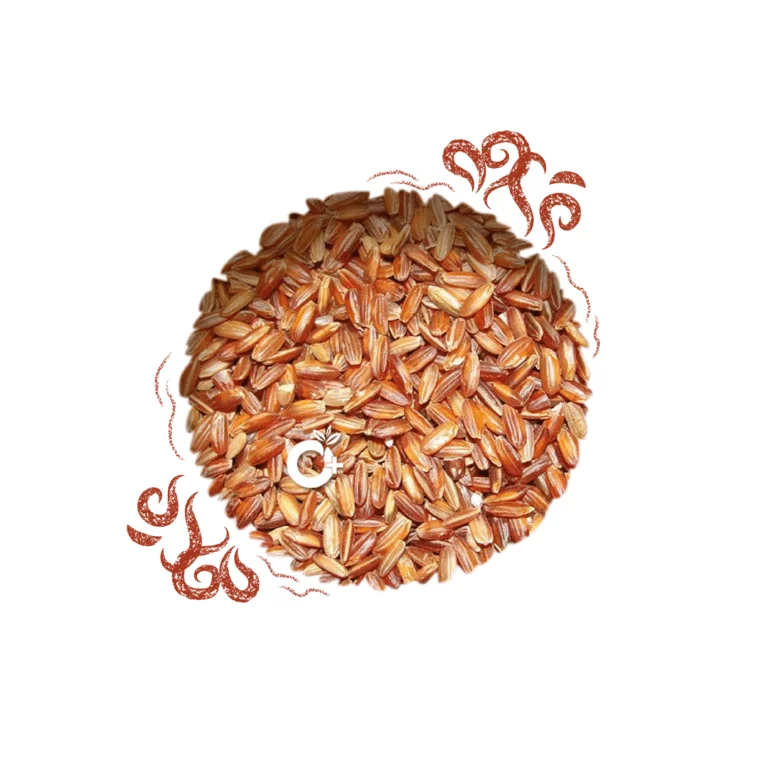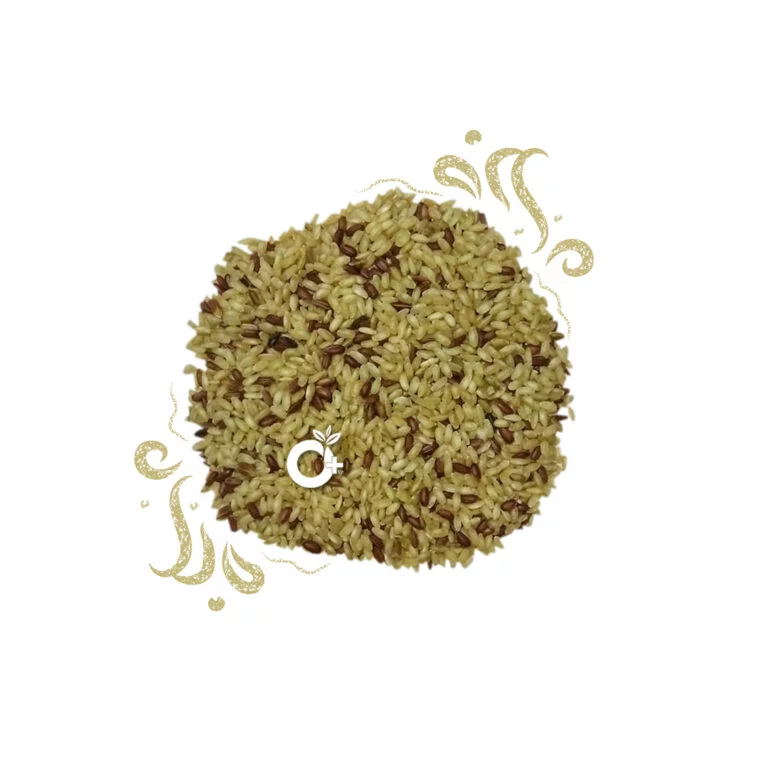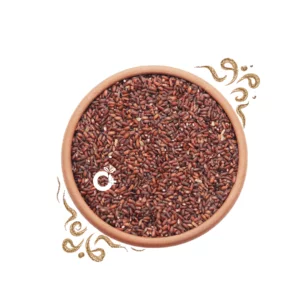Description
They also strengthen, regenerate, and energise the body, regulate blood pressure, and prevent skin diseases and premature aging.
Regular intake of Kalanamak rice can prevent Alzheimer’s disease.
It contains antioxidant “anthocynin” and prevents heart diseases, skin diseases.
1) Where is Kalanamak rice cultivated?
Kalanamak rice is chiefly cultivated in the Eastern Uttar Pradesh (UP) region of India and Nepal. The unique climate and soil conditions in these areas are optimal for its growth. This scented rice variety benefits from traditional farming methods that emphasize organic practices. The cultivation of Kalanamak rice is deeply rooted in the agricultural traditions of Eastern UP and Nepal, highlighting the expertise of local farmers.
2) Which state got GI tag for Kalanamak rice?
Kalanamak rice received the Geographical Indication (GI) tag for the state of Uttar Pradesh, India. This recognition emphasizes its unique quality and origin from this specific region.
3) What is the other name of Kalanamak rice?
Kalanamak rice, known as “Buddha Rice,” is famed for its unique aroma and historical significance. This name reflects its ancient origins, believed to be cultivated during Gautama Buddha’s time, highlighting its deep cultural and historical connections in the regions where it is grown.







Reviews
There are no reviews yet.